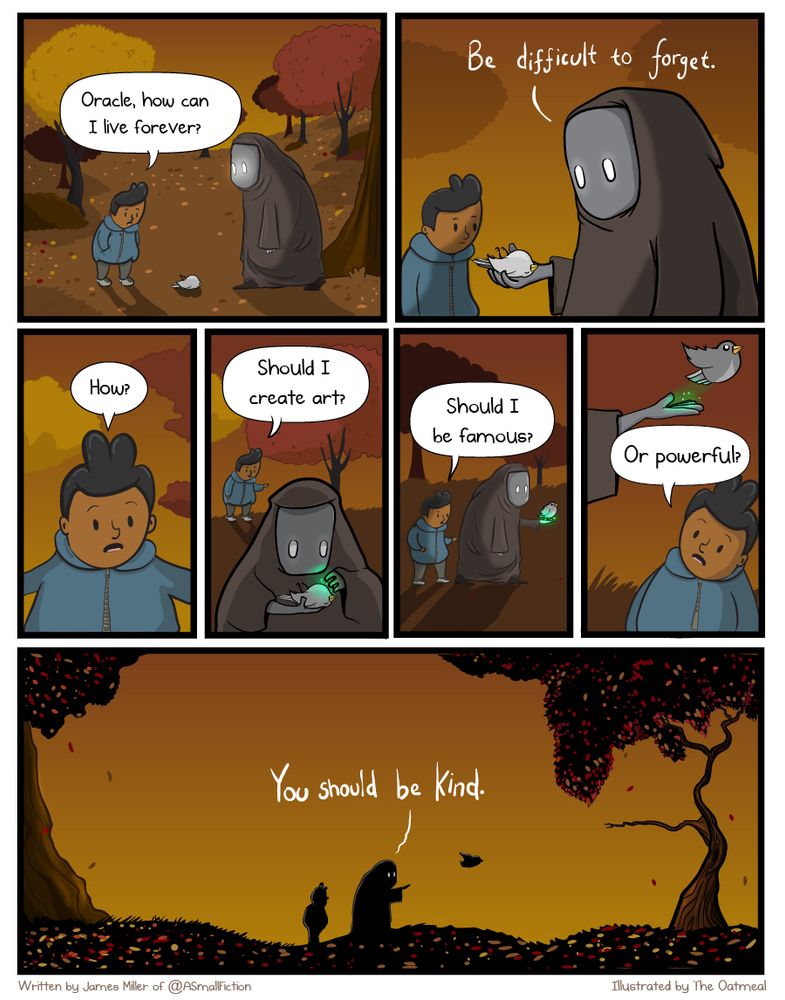Kyle Higham
@kylehigham.bsky.social
70 followers
86 following
31 posts
Science, innovation, intellectual property, and complex systems :)
Fellow @ Motu, PI @tepunahamatatini.bsky.social
🇳🇿➡️🇨🇭➡️🇯🇵➡️🇳🇿
Posts
Media
Videos
Starter Packs
Pinned
Kyle Higham
@kylehigham.bsky.social
· Dec 5
Reposted by Kyle Higham
Reposted by Kyle Higham
Musical Chairs
@musicalchairs.bsky.social
· May 18
Kyle Higham
@kylehigham.bsky.social
· Apr 12
Kyle Higham
@kylehigham.bsky.social
· Jan 27
Reposted by Kyle Higham
Kyle Higham
@kylehigham.bsky.social
· Dec 20
Reposted by Kyle Higham
Juliet Gerrard
@julietgerrard.bsky.social
· Dec 16

Open letter on importance of research in the social sciences and humanities
Open letter on importance of research in the social sciences and humanities
Tēnā koe Prime Minister,
The role of the Royal Society Te Apārangi, as set out in the Royal Society of New Zealand Act,...
www.royalsociety.org.nz
Kyle Higham
@kylehigham.bsky.social
· Dec 15
Kyle Higham
@kylehigham.bsky.social
· Dec 5
Kyle Higham
@kylehigham.bsky.social
· Dec 5
Kyle Higham
@kylehigham.bsky.social
· Dec 5
Kyle Higham
@kylehigham.bsky.social
· Dec 5
Kyle Higham
@kylehigham.bsky.social
· Dec 5
Kyle Higham
@kylehigham.bsky.social
· Dec 5
Kyle Higham
@kylehigham.bsky.social
· Dec 5
Kyle Higham
@kylehigham.bsky.social
· Dec 5
Kyle Higham
@kylehigham.bsky.social
· Dec 5
Kyle Higham
@kylehigham.bsky.social
· Dec 5
Kyle Higham
@kylehigham.bsky.social
· Dec 5
Kyle Higham
@kylehigham.bsky.social
· Dec 5





